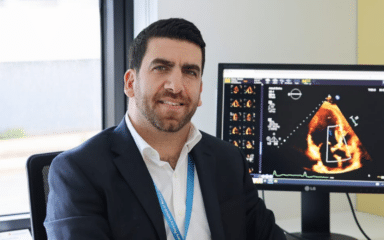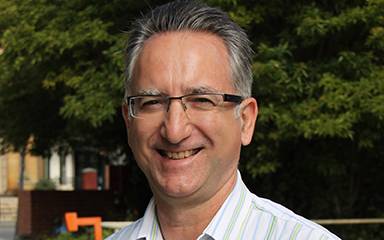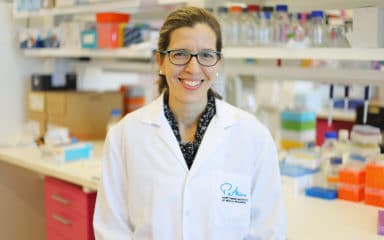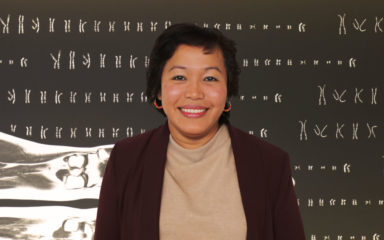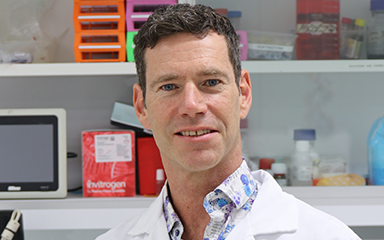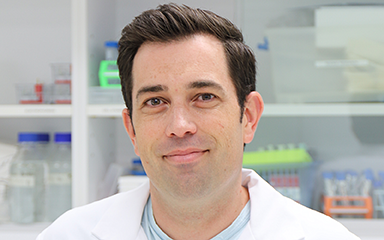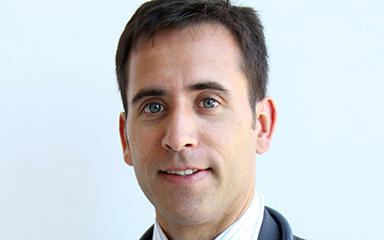Cardiovascular disease (heart, stroke and blood vessel diseases) is the leading cause of death in Australia of both men and women with 45,600 deaths attributed to CVD in Australia in 2011. Cardiovascular disease kills one Australian every 12 minutes. It is one of Australia’s largest health problems. Despite improvements over the last few decades, it remains one of the biggest burdens on our economy.
What is Heart Disease and Stroke?
Causes of cardiovascular disease
Causes include:
- High blood pressure
- High cholesterol
- Overweight and obesity
- Physical inactivity
- Low fruit and vegetable intake
- Excessive alcohol consumption
- Smoking
Risk factors
There are many risk factors for cardiovascular disease, some of which cannot be altered, such as increasing age and family history, and some of which can, including smoking, physical inactivity, poor diet, high blood pressure, high blood cholesterol and obesity. Most Australians have at least one risk factor. For example, more than 90% of people fail to consume the recommended daily intake of vegetables, and almost 60% do not get enough physical activity.
Treatments
Treatments vary depending on the disease and the person’s history however cardiovascular medicines are key to preventing and treating cardiovascular disease. With appropriate medication, patients with cardiovascular disease or those at risk of the disease can improve their quality of life and increase their life expectancy. Surgery is also a treatment for some cardiovascular disease patients.
Heart Disease and Stroke at the Perkins
Cardiovascular disease is a major research focus at the Perkins.
- Cardiologist and researcher Professor Peter Thompson is co-leading a major investigation into the application of a common gout medicine, as a potential new treatment to prevent heart attacks.
- The Laboratory for Molecular Endocrinology and Pharmacology are investigating specific protein receptors and their role in the development of cardiovascular disease.
- Wesfarmers Cardiovascular Chair, Professor Girish Dwivedi, is undertaking numerous projects that aim to uncover more about the causes, risk factors and predictors of heart disease. Some of his projects include, uncovering links between heart failure and gut microbiome imbalance, why people who experience pneumonia are at a higher risk of experiencing a heart attack and the use of AI in predicting heart disease. The AI projects cover areas from algorithms to better analyse patient data to help forecast cardiac episodes before they occur, develop more personalised clinical recommendations, as well as creating improved systems that open the door for wearable devices that could help a person seek medical assistance before they experience an adverse medical episode.
- The Laboratory for Mitochondrial Medicine and Biology uncovered an essential gene for healthy hearts – without this gene the heart becomes enlarged (known as cardiomyopathy) which leads to death very early in life. The team are continuing to investigate the essential building blocks for health and disease.
- The Vascular Engineering Laboratory (VascLab) have developed a next-generation analysis tool, called Apricot, to combat coronary artery disease. The tool is an analysis software that will significantly help doctors treat patients in hospital catheterisation labs. Currently, cardiologists examine heart attack patients by imaging their chest cavity with a CT scan, an angiogram or with OCT to find and treat blocked arteries. Apricot significantly enhances the existing process by combining OCT with angiograms to create 3D reconstructions of the arteries. The tool is moving from the lab to hospitals around the world thanks to our biomedical engineers.
- The T3mPLATE laboratory are designing and 3D printing patient-specific scaffolds with native tissue-like mechanical properties, in the hopes of restoring function while stimulating the regenerative response of the injured tissue. This research is aimed to help cardiovascular surgeons, who want to acquire the latest advances in 3D printing for the treatment of cardiovascular diseases. These scaffolds degrade very slowly in the body, and can help repair diseased arteries and heart valves by allowing regenerated tissue to form and replace the scaffold.
Perkins Heart Disease and Stroke Researchers
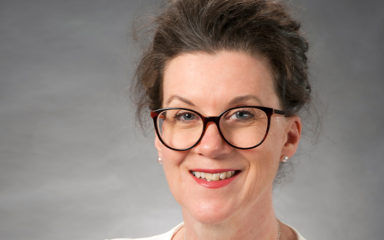
Professor Shirley Jansen
Vascular and Endovascular Surgery Research (Joint Program Head - Cardiovascular Science and Diabetes)
Read more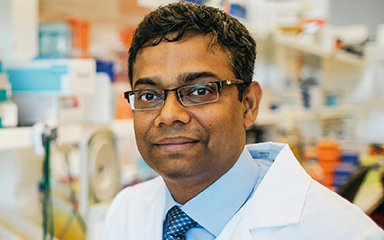
Professor Girish Dwivedi
Advanced Clinical and Translational Cardiovascular Imaging (Joint Program Head - Cardiovascular Science and Diabetes)
Read moreThe Perkins Leading the
way in Heart Disease
The Perkins teams are focused on finding lifesaving answers for people affected by cardiovascular disease. Better diagnostics, early prediction methods and new treatments are some of the ways we’re helping in the fight against heart disease.

